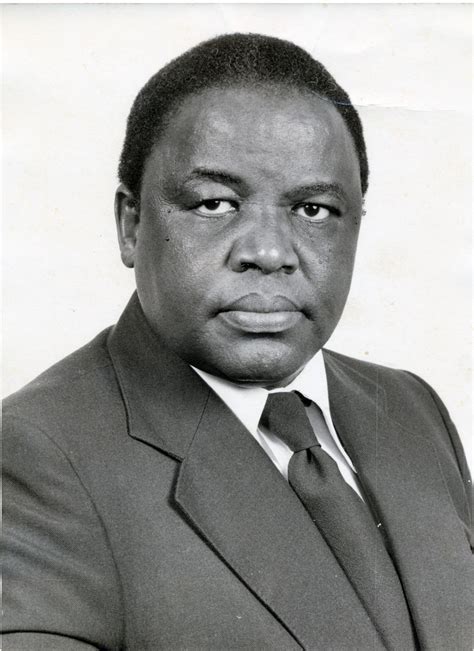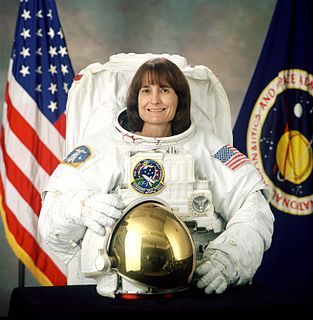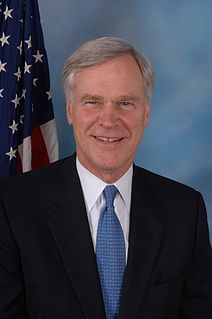A Quote by Noam Chomsky
It also seems beyond controversy that moral responsibilities are greater to the extent that people "have the resources, the training, the facilities and opportunities to speak and act effectively."
Related Quotes
The fatalism of the limits-to-growth alternative is reasonable only if one ignores all the resources beyond our atmosphere, resources thousands of times greater than we could ever obtain from our beleaguered Earth. As expressed very beautifully in the language of House Concurrent Resolution 451, 'This tiny Earth is not humanity's prison, is not a closed and dwindling resource, but is in fact only part of a vast system rich in opportunities...'
In the USA, where so many people compete for one and the same thing, where job opportunities, residential facilities, and food resources have to be spread over so many people, the question of justice becomes more imperative than ever before if communal and individual life is to be made possible and enjoyable.
Wherever moral ambition exists, there right exists. And moral ambition itself must be presumed present in subconsciousness, even when the conscious self seems to reject it, so long as society has resources for bringing it into action; in much the same way that the life-saver presumes life to exist in the drowned man until he has exhausted his resources for recovering respiration.
Russia is an ancient country with historical, profound traditions and a very powerful moral foundation. And this foundation is a love for the Motherland and patriotism. Patriotism in the best sense of that word. Incidentally, I think that to a certain extent, to a significant extent, this is also attributable to the American people.
The opportunities and threats existing in any situation always exceed the resources needed to exploit the opportunities or avoid the threats. Thus, strategy is essentially a problem of allocating resources. If strategy is to be successful, it must allocate superior resources against a decisive opportunity.
Economic and military power can be developed under the spur of laws and appropriations. But moral power does not derive from any act of Congress. It depends on the relations of a people to their God. It is the churches to which we must look to develop the resources for the great moral offensive that is required to make human rights secure, and to win a just and lasting peace.
I don't take anything for granted. I've been given extraordinary opportunities, I've also fought for extraordinary opportunities. So I don't believe you're ever just there in this golden moment. You probably always have to remind people that you're there, that you have something to offer, maybe something beyond what they could imagine for you.





































